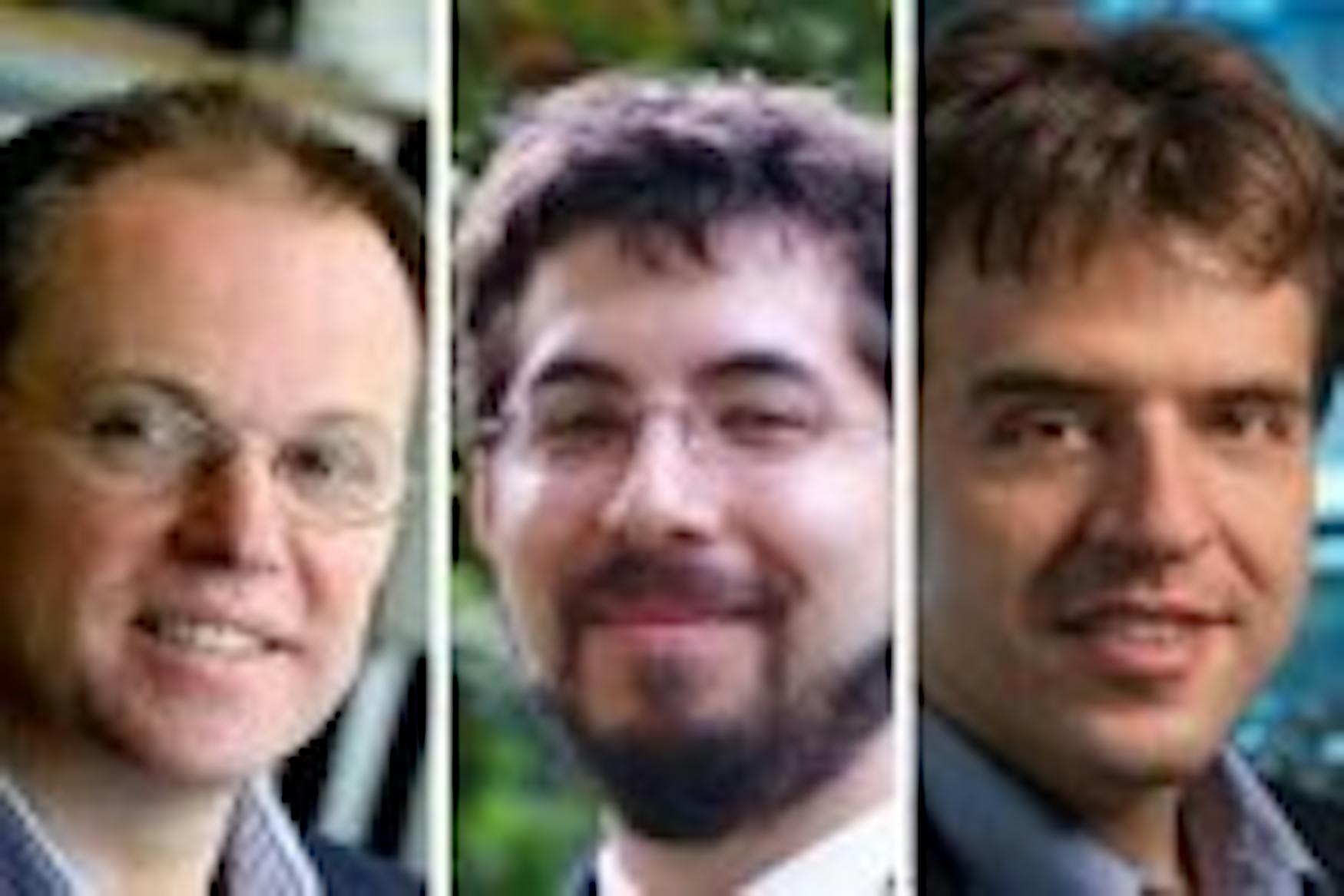Scientists recognized for research in optogenetics by Rosenstiel Center
This past Thursday, the recipients of the 2013 Jacob Heskel Gabbay Award in Biotechnology and Medicine were announced. They are Gero Miesenb?dck of the University of Oxford, Karl Deisseroth of Stanford University and Edward S. Boyden of the Massachusetts Institute of Technology for their work in the field of optogenetics. This technology allows scientists to view and control circuits in the brain using light.
The award, which was established in 1998 by the trustees of the Jacob and Louise Gabbay Foundation, is administered by the Rosenstiel Basic Medical Sciences Research Center at Brandeis. The nominees are chosen by a panel of researchers from the biotechnology and pharmaceutical industries, according to BrandeisNOW. The recipients are "scientists in academia, medicine, or industry whose work has outstanding scientific content and significant practical consequences in the biomedical sciences," according to the Rosenstiel website.
Miesenb?dck, the Waynflete Professor of Physiology and director of the Centre for Neural Circuits and Behaviour at the University of Oxford, has invented techniques in optogenetics research, using light to control nerve cells and observing neural circuits in flies, according to CNCB's website.
Deisseroth is a professor of psychiatry and behavioral sciences and the D.H. Chen Professor of Bioengineering at Stanford. His laboratory at Stanford has developed optogenetics technologies that help control and map neural behavior in mammals, according to his laboratory's website.
Boyden, associate professor at the MIT Media Lab and joint professor of biological engineering and of brain and cognitive sciences, leads the Synthetic Neurobiology Group at MIT. His group researches neural circuits and their connection to neurobiological and psychiatric disorders, according to BrandeisNOW.
Past recipients of the award include researchers from Tufts University School of Medicine, Washington State University, the Center for Cancer Immunotherapy and Harvard Medical School, for research in fields such as breast cancer treatment, assisted human reproduction and treatment for autoimmune diseases, according to the Rosenstiel website.
The scientists will formally receive the award, which consists of a $15,000 cash prize, to be shared if there are multiple recipients, and a medallion at a symposium on Oct. 10. Each recipient will present his work in a lecture, followed by a formal dinner.
*



Please note All comments are eligible for publication in The Justice.